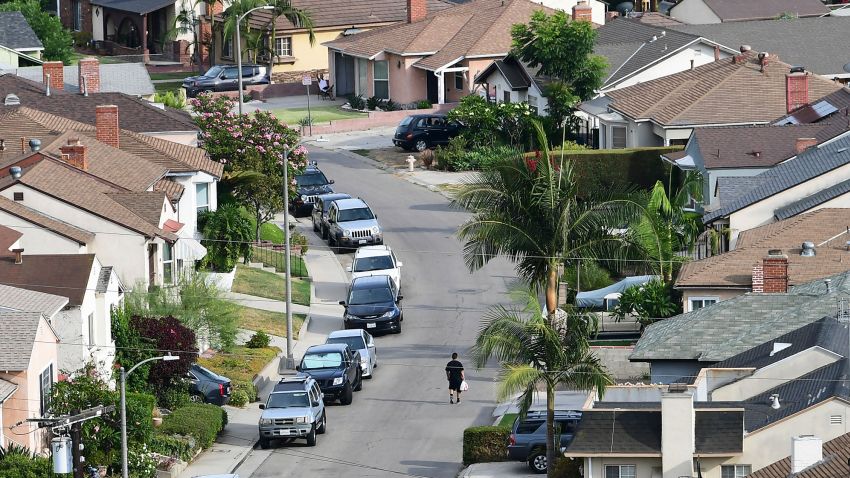Mortgage rates moved higher this week, continuing an upward trend that has kept rates above 5% since mid-April.
The 30-year, fixed-rate mortgage averaged 5.30% in the week ending May 12, up from 5.27% the week before, according to Freddie Mac. It is the highest since 2009 and well above the 2.94% average from this time last year.
As mortgage rates rise and the cost of buying a home increases, some buyers are expected to drop out of the market. That, in turn, is likely to reduce competition in some markets, slowing the pace of home price growth.
But an increase in mortgage applications last week showed buyers remain undeterred – despite rising mortgage rates, according to the Mortgage Bankers Association.
“Homebuyers continue to show resilience even though rising mortgage rates are causing monthly payments to increase by about one-third as compared to a year ago,” said Sam Khater, Freddie Mac’s chief economist.
Several factors are contributing to this continued demand, he said, including the large wave of first-time homebuyers looking to buy. Plus, the spring is typically the peak buying season.
“In the months ahead, we expect monetary policy and inflation to discourage many consumers, weakening purchase demand and decelerating home price growth,” said Khater.
Last week the Federal Reserve bank announced it would raise the federal funds rate by half a percentage point, the biggest jump since 2000, in a bid to curb inflation. Mortgage rates tend to track 10-Year US Treasury bonds. But rates are also indirectly impacted by the Fed’s actions on inflation.
“Yields on 10-year Treasury notes have held steady around 2.9% in recent weeks, but mortgage rates continued their climb in response to the Federal Reserve’s increase in the target rate,” said Joel Berner, Realtor.com’s senior economic research analyst.
The Fed governors and the Biden administration have set their sights on reducing inflation, Berner said. But with the consumer price index – a key inflation indicator – remaining high and the major stock market indexes continuing a week-long slide, “the dirty word on the lips of American economists and financiers is ‘recession.’”
As long as regulators are focused on stemming inflation, a significant drop in mortgage rates is not expected to happen. For homebuyers, that means challenges will continue to mount as listing prices remain at record highs and the number of homes for sale hover near historic lows.
“The rising cost of living and falling value of investments make saving for a down payment more difficult, and higher mortgage rates make borrowing for a home more expensive,” said Berner.
Some buyers are getting priced out of the market altogether ahead of the busy summer season, he said, taking some pressure off of listing prices.
There are some early indications of a price slowdown, said Berner. In each of the past two months, the percentage of listings that have cut their listing price has been increasing compared to a year ago.






















